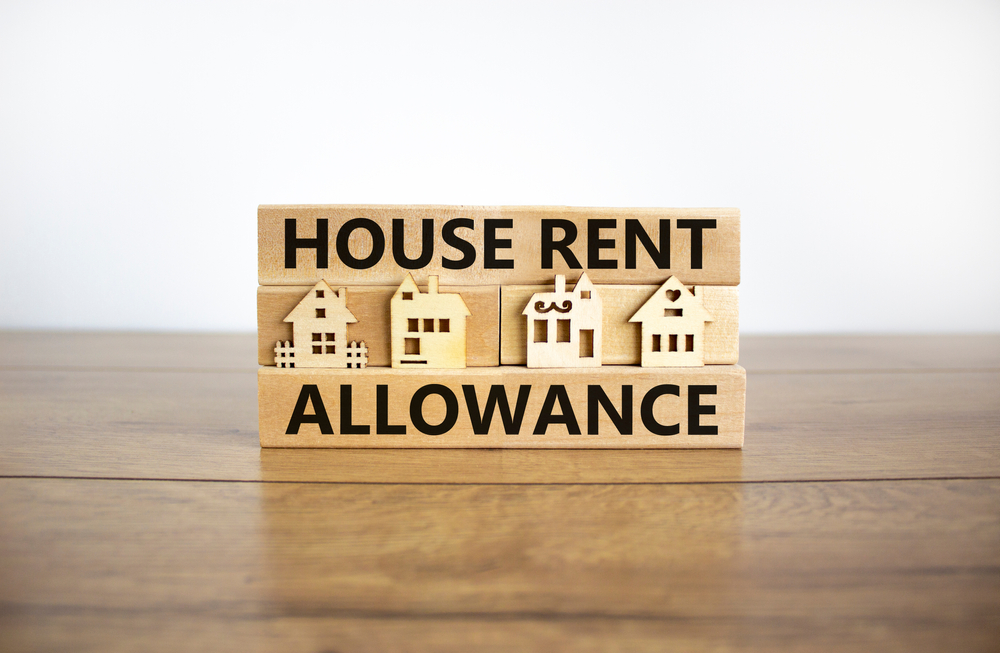House Rent Allowance (HRA), governed by the Income Tax Act, 1961, is a salary component that offers tax exemptions to salaried individuals living in rented accommodations. HRA is a key tax-saving tool. How can you calculate HRA exemptions and ensure compliance? Let’s break it down.
What Is House Rent Allowance?
House Rent Allowance is a key salary component that offers tax benefits to salaried employees in India. Provided by employers, HRA helps employees manage rental housing expenses. The Income Tax Act, under Section 10(13A), allows individuals to claim deductions on HRA if certain conditions are met.
For salaried individuals living in rented homes, knowing how to calculate and claim HRA is essential. In addition to reducing taxable income, it also helps in better financial planning.
Tax Benefits of HRA:
The main advantage of House Rent Allowance is its tax exemption potential. Salaried individuals can claim HRA deductions if they:
- Live in rented accommodation
- Receive HRA as part of their salary
- Do not own a residential property in the same city
The exemption amount is the lowest of the following three:
- Actual HRA received
- 50% of basic salary (for metro cities) or 40% (for non-metros)
- Rent paid minus 10% of basic salary
How to Calculate HRA:
Calculating HRA may sound complex, but it’s straightforward once you understand the elements. Here’s a step-by-step formula:
Step 1: Identify your basic salary and dearness allowance (if applicable)
Step 2: Determine the rent you pay and your city of residence
Step 3: Apply the formula:
Tax-exempt HRA = Minimum of:
- Actual HRA received
- 50% (metros) or 40% (non-metros) of basic salary
- Rent paid – 10% of basic salary
Also, to claim HRA exemption, ensure to submit rent receipts or rental agreement as proof. If your annual rent exceeds ₹1 lakh, the PAN of your landlord is mandatory.
Common Mistakes to Avoid While Claiming HRA:
Even a small error can lead to disqualification or scrutiny. Avoid these mistakes when claiming HRA:
- Not maintaining rent receipts or rental agreement
- Paying rent in cash without proper proof
- Claiming HRA while staying in your own property
- Overstating rent to get a higher exemption
Important: If you’re self-employed or not receiving HRA, you can still claim rent under Section 80GG, but with stricter limits.
Important Rules and Things to Remember:
Even freelancers or self-employed professionals can claim rent deduction under Section 80GG, although with stricter limits. Moreover, individuals who own property in one city but live on rent in another due to work can still claim HRA. However, double benefits (HRA and home loan interest deduction) on the same property are not allowed.
Conclusion:
In conclusion, House Rent Allowance offers a legal and effective way to reduce your tax burden while managing rental expenses. With smart planning and the right documents, you can save significantly during tax filing. Ready to maximize your HRA benefits? Explore more tax insights now!
– Ketaki Dandekar (Team Arthology)
Raed more about House Rent Allowance (HRA) – Tax Benefits & Calculation here – https://cleartax.in/hra
